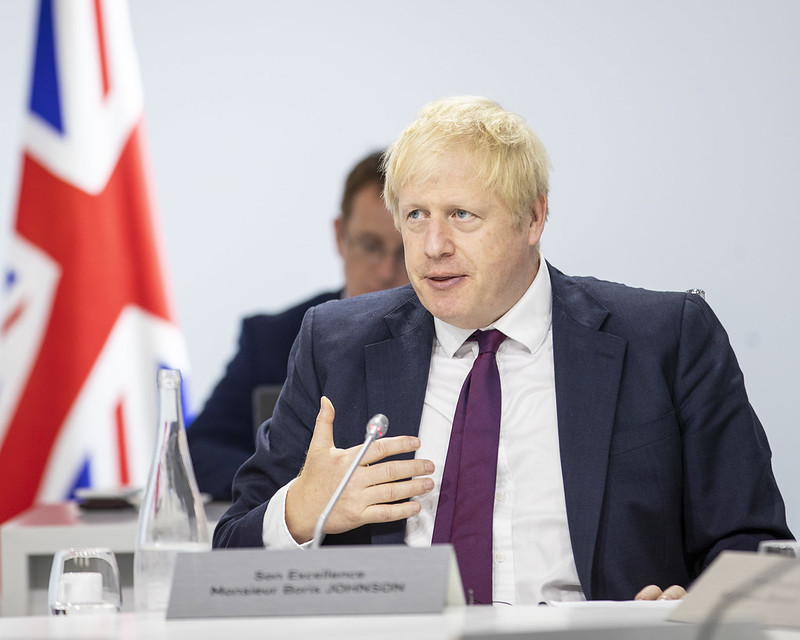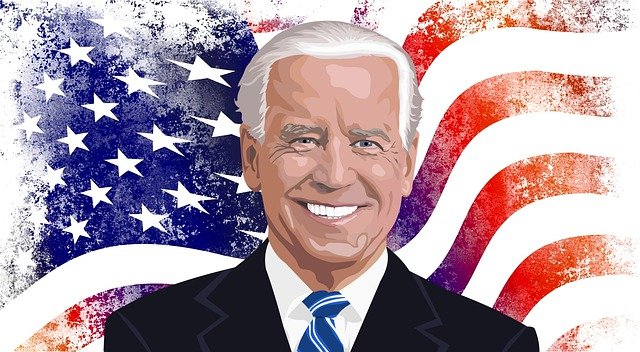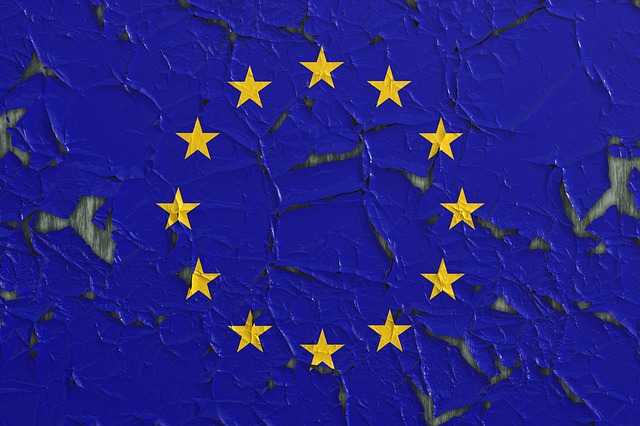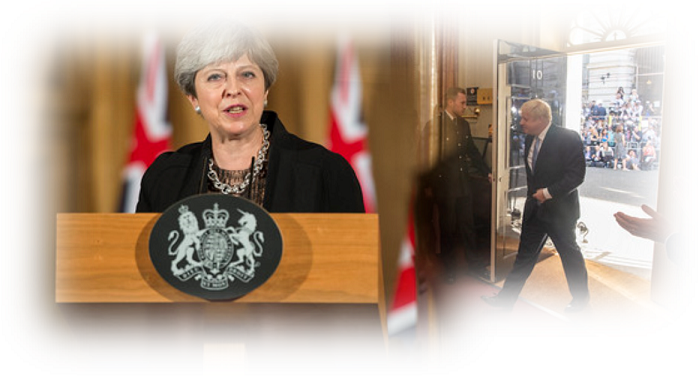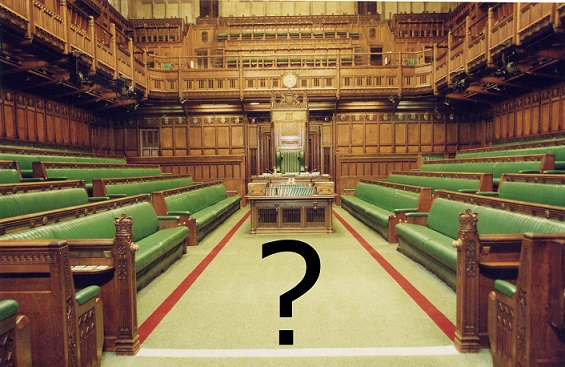12 June 2020 | OPINION
On 18th May, I wrote an article in which I detailed some events that I believe will take place at next year’s G7 Summit, hosted in the United Kingdom as we will be the President nation in 2021 (the presidency rotates around the seven member states).
Since then, however, there have been significant developments regarding the future of the G7. These developments come from the current President nation – the United States. Due to be held from 10th June until the 12th, the Summit was meant to consist of the US, UK, France, Germany, Italy, Canada and Japan. Owing to the coronavirus pandemic and subsequent health concerns relating to international travel, President Trump has, quite sensibly in my view, decided to postpone the summit until at least September.
In addition to a change in the date of the summit, which would seem to be a sensible and pragmatic move given the situation, President Trump has also advocated for an increase in the membership. He has floated the idea of membership to include Australia, South Korea, India and Russia. There is certainly a case to be made for a change in the membership. However, it is important to consider that the G7 is not simply a group of the richest nations.
As I noted in my original piece, the Council on Foreign Relations described it as a ‘steering group for the West’. This is important to remember when considering Russia to re-join. Australia, India and South Korea are all allies. Australia and India even have a Commonwealth connection. Russia, on the other hand, has been an adversarial actor. That was why Russia was removed from the group in the first place.
These changes have proven controversial, even when most news headlines today relate to the coronavirus pandemic or violent protests. To test the waters, I posted my previous article about the G7 in a conservative-leaning Facebook group, in which one member posted the follow comment:
Trump has suggested the G7 should comprise new members. Perhaps Italy is too weak economically and militarily, to be a member. France has long dragged its heels on NATO, and although Germany is powerful economically, it seems to be content to let others pay more than their fair share…Or maybe start with the 5 Eyes (UK, USA, Canada, Australia, & NZ) then include allies such as Israel & Japan?
Interesting times as nations and economies realign globally.
While this is certainly an interesting view, it is one thing to suggest an increase in membership but quite another to suggest not inviting Italy and other nations to the Summit. Italy is an important strategic ally. In addition, what France and Germany say is gospel to the European Commission, and it is important to persuade European leaders to follow the British Prime Minister’s lead in phasing out Chinese contributions to infrastructure.
However, including Israel in the Group of Seven would be of economic, diplomatic and strategic benefit to all other members.






